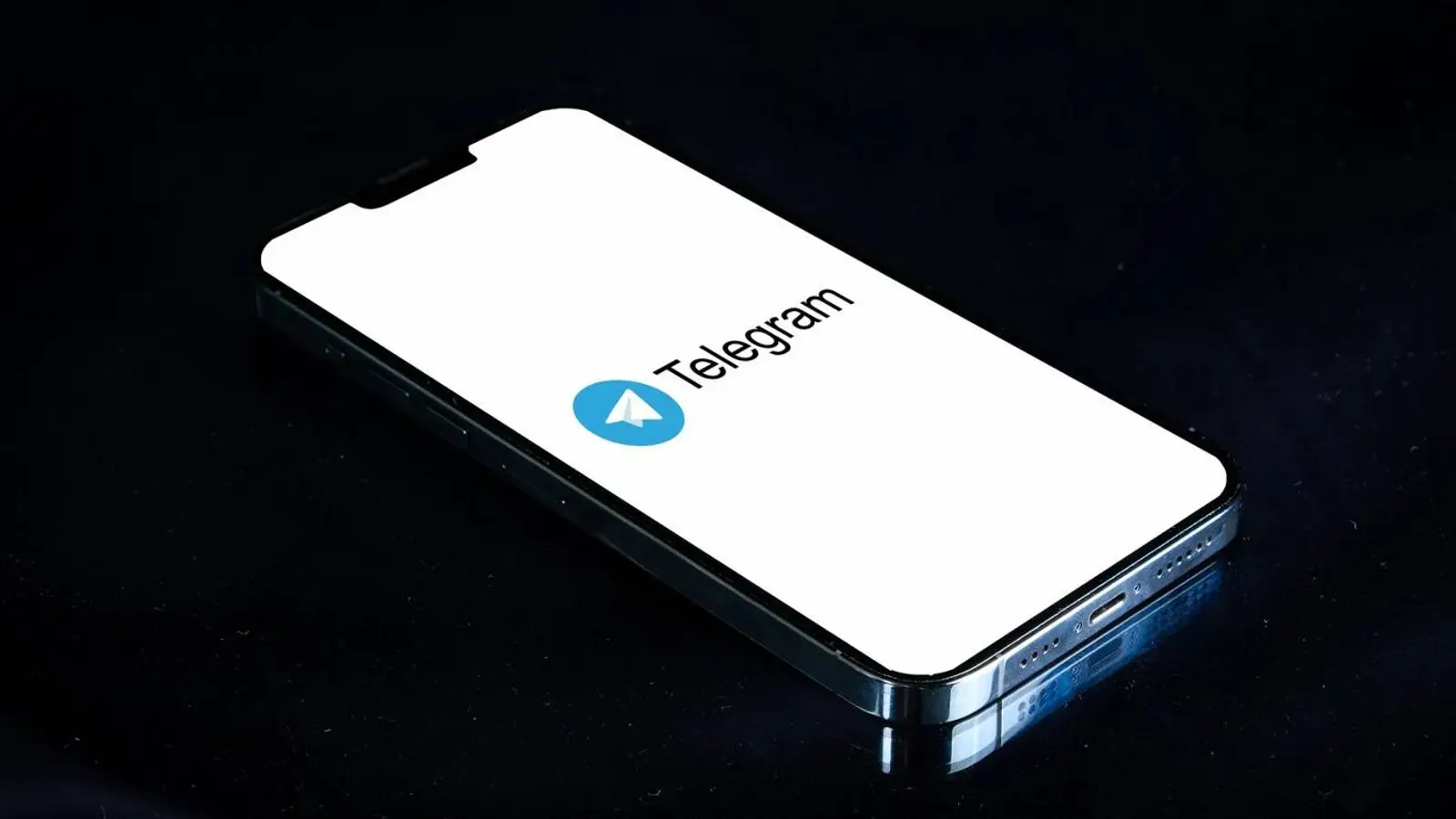https://pepelac.news/en/posts/id3822-telegram-rejects-claims-of-u.s.-remote-server-access
Telegram rejects claims of U.S. remote server access
Telegram says U.S. cannot remotely access its servers
Telegram rejects claims of U.S. remote server access
Telegram denies that U.S. authorities gained remote access to its servers, citing architecture and encryption, while complying with lawful data requests.
2025-10-03T14:28:01+03:00
2025-10-03T14:28:01+03:00
2025-10-03T14:28:01+03:00
Telegram has rejected reports that U.S. authorities allegedly gained remote access to its servers. The company said such access is technically impossible given the platform’s architecture and encryption, CyberInsider reported, citing a comment from Telegram representatives.The clarification followed a post by Court Watch claiming that a U.S. federal court had allowed prosecutors to use a technique for remote access to extract data from Telegram’s servers as part of an investigation into crimes against minors.Telegram emphasized that even its own engineers cannot read message content: the servers are protected by complex encryption that, so far, has not been bypassed. The company also stated it does not and cannot grant direct access to its servers.At the same time, Telegram noted that it moderates harmful material and complies with legally grounded requests from U.S. authorities, releasing only what the law permits—such as IP addresses and phone numbers of users who violate the service’s rules. The overall message draws a clear line: cooperation on lawful requests without opening a door to private conversations.
Telegram, remote server access, U.S. authorities, encryption, platform architecture, lawful requests, moderation, IP addresses, phone numbers, privacy, security, court claim, CyberInsider
2025
news
Telegram says U.S. cannot remotely access its servers
Telegram denies that U.S. authorities gained remote access to its servers, citing architecture and encryption, while complying with lawful data requests.
Telegram has rejected reports that U.S. authorities allegedly gained remote access to its servers. The company said such access is technically impossible given the platform’s architecture and encryption, CyberInsider reported, citing a comment from Telegram representatives.
The clarification followed a post by Court Watch claiming that a U.S. federal court had allowed prosecutors to use a technique for remote access to extract data from Telegram’s servers as part of an investigation into crimes against minors.
Telegram emphasized that even its own engineers cannot read message content: the servers are protected by complex encryption that, so far, has not been bypassed. The company also stated it does not and cannot grant direct access to its servers.
At the same time, Telegram noted that it moderates harmful material and complies with legally grounded requests from U.S. authorities, releasing only what the law permits—such as IP addresses and phone numbers of users who violate the service’s rules. The overall message draws a clear line: cooperation on lawful requests without opening a door to private conversations.
